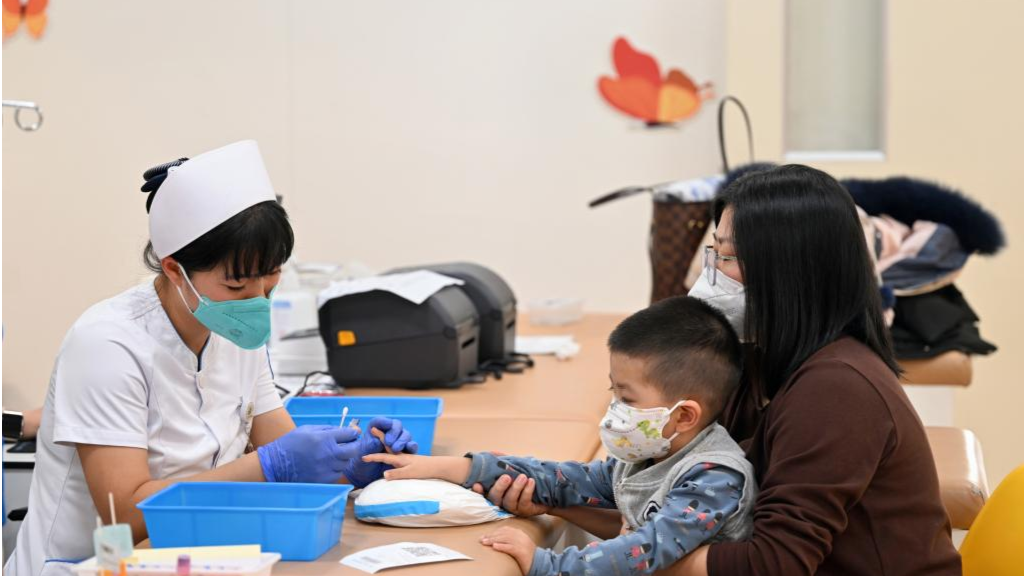New recruits with bachelor's degrees still earning less than college peers

With more new Chinese nurses holding bachelor's degrees, they are calling for a fairer evaluation system, better pay and higher social recognition, according to a recent report.
Based on a survey by MyCOS, an education consultancy headquartered in Beijing, the report said the proportion of college graduates with bachelor's degrees finding work as nurses rose from 1.3 percent in 2018 to 1.6 percent in 2022. Meanwhile, 3 percent of vocational school graduates found work as nurses that year.
Most of the nurses receive no pay during internship, but some hospitals may give a monthly subsidy of about 2,000 yuan.
Wu Mengxian, nursing student at Shanghai Nanhu Vocational and Technical College
New nurses' monthly pay has risen slightly in recent years, but is still lower than the average for college graduates. The report said the average monthly salary for new nurses with bachelor's degrees rose from 4,795 yuan ($662) in 2020 to 5,111 yuan in 2022, compared with an average monthly salary for college graduates of 6,406 yuan that year.
New nurses from vocational schools were paid less. The report said their average monthly pay in 2022 was 3,864 yuan — 311 yuan more than in 2020 — while the average for regular vocational school graduates was 4,595 yuan.
READ MORE: China's public hospital reforms aim to reduce wait times
Wu Mengxian, a 20-year-old nursing student at Shanghai Nanhu Vocational and Technical College, said she will be starting her eight-month internship at a hospital in Shanghai from the middle of next month.
"Most of the nurses receive no pay during internship, but some hospitals may give a monthly subsidy of about 2,000 yuan," she said.
Wu said nursing students care most about subsidy levels when determining where to do their internships.
"It will cost a lot of money to rent a room if the hospital is far from our school, and the daily expenses in Shanghai are quite high," she said.
Li Longti, a National People's Congress deputy and vice-president of Taihe Hospital in Shiyan, Hubei province, told Chinanews.com that nurses may face verbal abuse and discrimination at work, and they need better legal protection.
ALSO READ: China steps up fight against healthcare corruption
She said nurses need to be responsible and have sound knowledge, good communication skills and a positive attitude. Enhancing their legal protection and raising their social status will ensure they have a better working environment, Li said.
The National Health Commission said there were 5.63 million registered nurses in China at the end of last year, more than 80 percent of whom had a junior college education or above.


